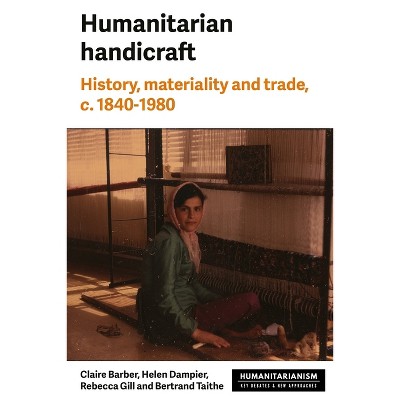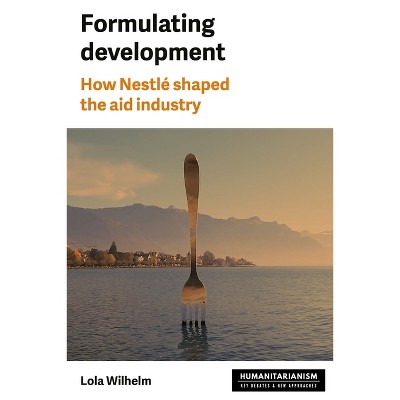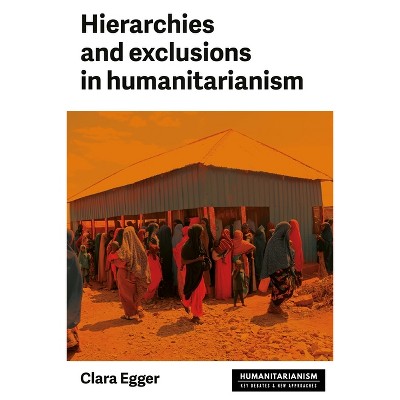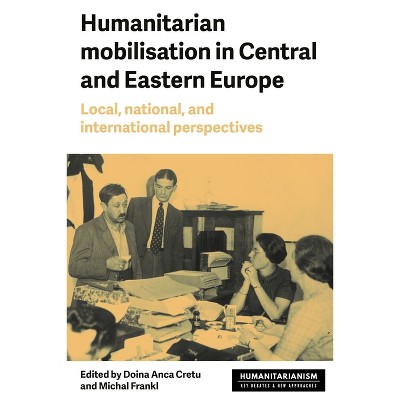Everyday Humanitarianism in Cambodia - (Humanitarianism: Key Debates and New Approaches) by Anne-Meike Fechter (Paperback)

About this item
Highlights
- Offers an accessible account of everyday humanitarianism in Cambodia, as well as wider insights into how people link local actions to global challenges.
- About the Author: Anne-Meike Fechter is Professor of Anthropology and International Development at the University of Sussex
- 200 Pages
- Political Science, International Relations
- Series Name: Humanitarianism: Key Debates and New Approaches
Description
About the Book
Offers an accessible account of everyday humanitarianism in Cambodia, as well as wider insights into how people link local actions to global challenges.
Book Synopsis
Offers an accessible account of everyday humanitarianism in Cambodia, as well as wider insights into how people link local actions to global challenges.From the Back Cover
Everyday humanitarianism in Cambodia grapples with an essential human conundrum: in a world of pervasive inequality and poverty, where should one intervene? What shapes our choices? And what difference can a seemingly small act make?
Humanitarianism is often understood through its institutional forms, with large-scale approaches being equated with importance. This book shows how informal and local forms of aid - everyday humanitarianism - disrupts this assumption. Drawing on ethnographic work with Cambodian and foreign practitioners who set up their own projects, it offers a detailed account of the unseen world of privately-funded aid. It reveals radically different understandings of how individual actions matter. Everyday humanitarians make use of their own, interlinking scales, rendering people and causes meaningful regardless of numbers or size. Applying this scalar approach to social relations unsettles long-held imperatives such as humanitarian impartiality.
Through tracing whom people choose to support and why, Fechter argues that much of this humanitarianism is, on the contrary, driven by partiality. Critically nuancing the trope of the white saviour, what matters is shared history and biographical affinities between people - which motivate humanitarian action. Recalibrating our understanding of how individual actions matter and what 'counts' in humanitarianism, this volume will appeal to humanitarian scholars, policy makers and practitioners, as well as those interested in social activism, human rights, and kindness and mutual aid.
Review Quotes
'Everyday humanitarianism is characterized by small-scale, privately financed, grassroots approaches to locally identified needs. Fetcher explores the motivations of those engaged in offering humanitarian assistance, the interest and willingness of potential and actual participants, the features that have led to the success or failure of projects, the relationships between aid and government institutions, and how programs are assessed in terms of their impact on individual lives and human welfare. The examples, analyses, and conclusions are universally relevant.'
CHOICE: Highly recommended
About the Author
Anne-Meike Fechter is Professor of Anthropology and International Development at the University of Sussex










